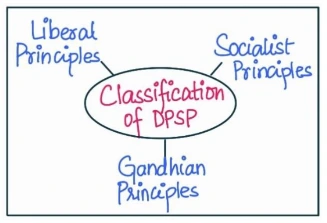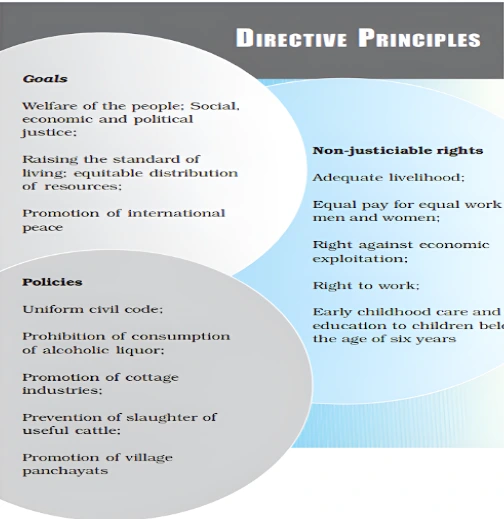![]() 1 Dec 2023
1 Dec 2023
The Directive Principles of State Policy are mentioned in Articles 36-51, Part IV of the Constitution. Their main purpose is to achieve social and economic development of all sections of the society, aiming to set up an egalitarian society. In Granville Austin’s views, Directive Principles of State Policy have been helpful in achieving the constitutional goals of social, economic and political justice to all.


The utility of Directive Principles of State Policy (DPSP) had been discussed and approved by the Constituent Assembly itself, but their implementation was not mandatory due to paucity of resources and other reasons.
<div class="new-fform">
</div>